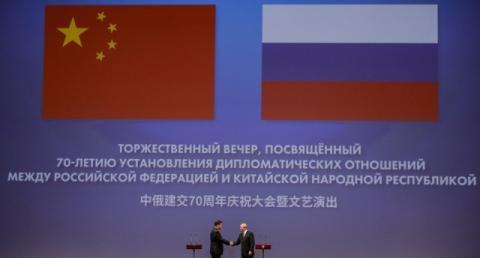"This time the end of history has really arrived"

Fukuyama, an American philosopher of Japanese origin, is also known for his book "The End of History and the Last Man", which he published in the early nineties, in which he argued that the progression of human history as a struggle between ideologies was largely at an end, with the world settling on liberal democracy after the end of the Cold War and the fall of the Berlin Wall in 1989.
In the book, Fukuyama argues that "with the ascendancy of Western liberal democracy, which occurred after the Cold War (1945-1991) and the dissolution of the Soviet Union (1991), humanity has reached "not just the passing of a particular period of post-war history, but the end of historyas such: That is, the end-point of mankind's ideological evolution and the universalization of Western liberal democracy as the final form of human government".
Fukuyama now says that over the past decade, global politics has been shaped by strong states whose leaders were not constrained by law or constitution. Russia and China, for instance. These two countries showed that they are more capable of solving any problem, compared to liberal democracies that are too slow. And that wave spread.
But during this year it became apparent that there are key weaknesses at the core of these strong states. This philosopher points out two such key weaknesses: firstly, the concentration of power in the hands of one leader at the top almost guarantees low-quality decision-making, and over time produces truly disastrous consequences. Secondly, the absence of public discussion and debate in 'strong' states, as well as any accountability mechanism, means that support for the leader is shallow and can erode at a moment's notice.
On the other hand, Fukuyama points out that liberal democracies...
- Log in to post comments
